Justice and Equality featured research

Across the world, conflicts arise over territory disagreements. But are there ways these conflicts can be resolved without violence and war?

Professor Charlotte O'Brien discusses a shock EU court ruling and its implications.

Local governments will feel aggrieved by the latest spending review, says Martin Smith.

We need a public health approach to support young people, says Professor Amanda Mason-Jones.

York researchers evaluate the impact of social distancing on domestic violence in Brazil.

A global partnership involving science, policy and practice for a just future for people and the planet.
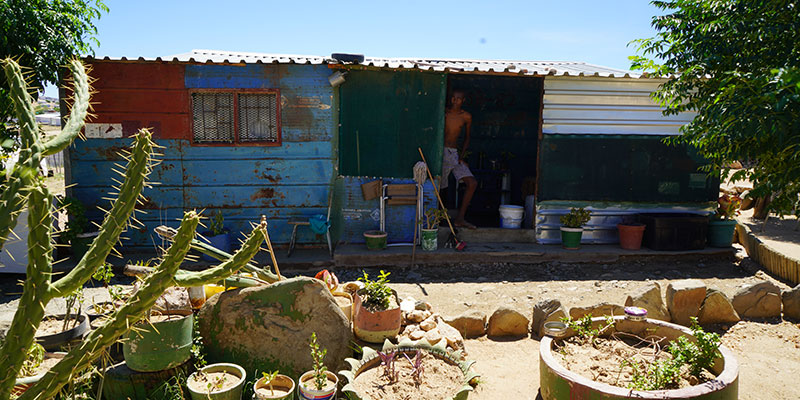
York researchers are helping African informal settlements evaluate their response to covid-19.

Research at York could help shape criminal policy in the future.

Professor Kate Pickett has co-authored a second book looking at inequality and how it affects us as individuals.

The gap between super-rich and the rest of the world widens further

Our research supports a High Court ruling on the Government's benefits cap

Community workers are at the heart of Brazil's public health system

Our research shapes law granting posthumous pardons for gay people

Brexit could be a chance to reform big business

Benefit sanctions are pushing people into poverty

The effect of benefit cuts on migrant workers

Democratic wealth - does it add up?

We're researching the reality of rural poverty

Our research is at the centre of an armed forces legal review

Better healthcare for deprived areas could ease pressure on A&E departments

Our human rights experts give migrants a voice

Report reveals how private businesses rely on the state

Universities and colleges around the world are urged to sign up to historic Accord

Our research casts new light on a major social issue

Professor of Politics Martin Smith argues the UK voting system is broken

Could a Charter Mark help to combat student sexism?

Our researchers find that education is the key to peace-building in Somalia.

Study debunks common myths about social housing residents.

Over one in four adults skimp on food to allow household members to eat.

The standard accents of English in the UK and other countries are generally regarded very positively, associated with traits such as intelligence, competence, reliability and industriousness, while non-standard accents are often not thought of so favourably. Our research investigates the impact these different perceptions may have on UK applicants’ access to employment in the elite occupations, in particular in the legal profession.

As modern economies transform and welfare states feel the strain, rights-based forms of economic security are being reassessed and igniting a heated global debate.

Research on in-work poverty has informed the employment policies at three important employers in the city of York.

Research from York underpins how the healthcare budget is shared out fairly across England, reflecting the health care needs of the population.
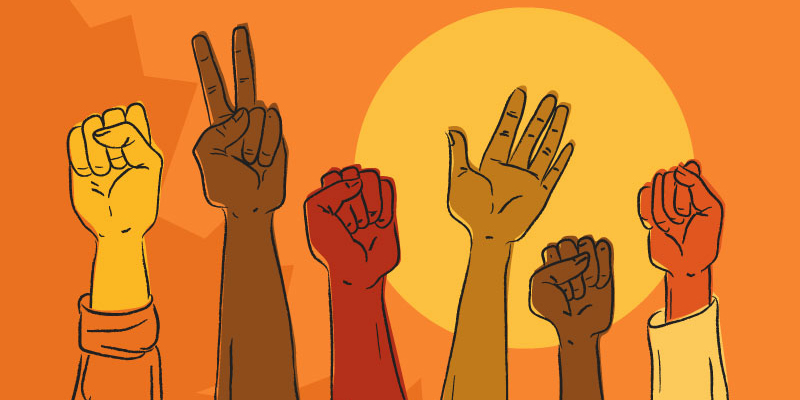
Through protection initiatives and efforts to enhance civic and political space, research by the Centre for Applied Human Rights (CAHR) is shaping the way states, civil society actors, donors and human rights defenders understand and respond to risks to human rights movements.
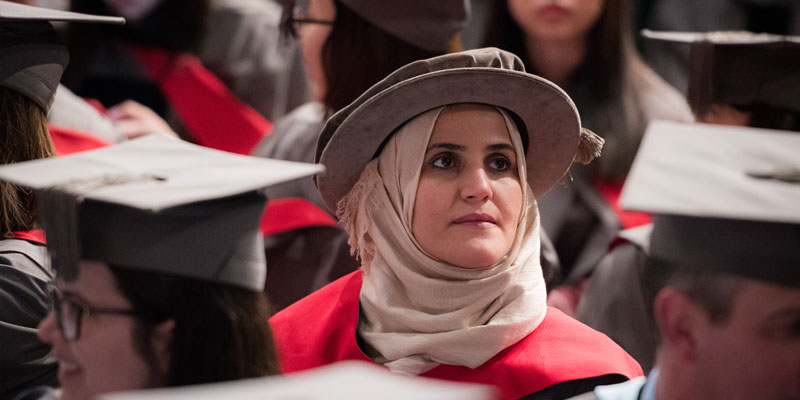
Our researchers are making postgraduate study more accessible to those who face inequalities in broader society.

The University of York is embedded in a city with a long history of institutions concerned with inequality, such as the work of the Rowntree family. Our researchers focus not just on the causes and forms of recent inequality, but also how it might be addressed by community wealth building.

Most of us would agree that we can recognise a spoken threat when we hear one, and believe that we can judge whether the speaker intended an otherwise innocuously-worded phrase like "I know where you live" to be interpreted as a threat. But from an objective linguistic point of view, what does it mean to say that someone is using a ‘threatening tone of voice’?

Lesbian, gay, bisexual and transgender (LGBT+) individuals form an important part of diverse British workplaces. By better understanding staff networks, we can help to create more inclusive environments.
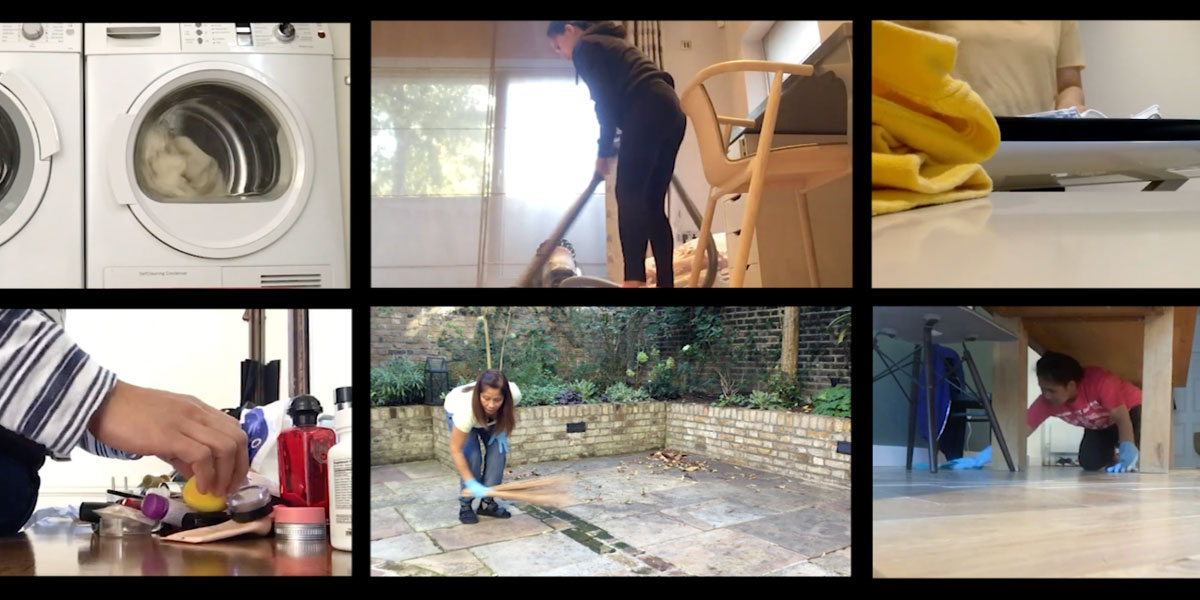
Migrant domestic workers are one of the most vulnerable and invisible groups of workers in the UK. Our participatory video project and associated exhibitions have helped them to articulate their needs to politicians and public audiences.

Our research developed a novel human rights approach aimed at improving the prevention and treatment of noma while addressing rights violations and discrimination associated with the disease.

Research as part of a PhD project in the Department of Sociology is informing how prison staff respond to seriously and terminally ill prisoners by contributing to new guidance on the use of restraints when a prisoner is receiving treatment in hospital.

We are leading an international network of researchers focusing on welfare conditionality within social security systems across the world.

Our research conducted with the Low Pay Commission has made a new contribution to the understanding of wage inequality in the UK.
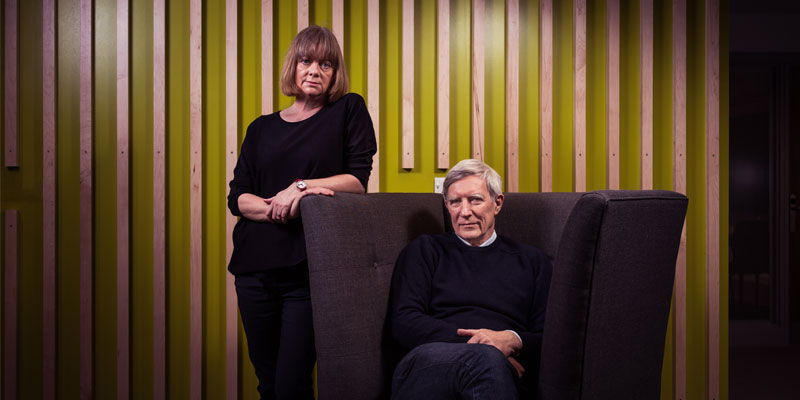
Why are rich, developed countries still affected by a range of health and social problems?

We are shaping agendas on the rights of EU nationals residing in the UK through innovative academic and practice collaboration.

Our research enabled a more nuanced understanding of why some households are more vulnerable to fuel poverty and how policy can support them.
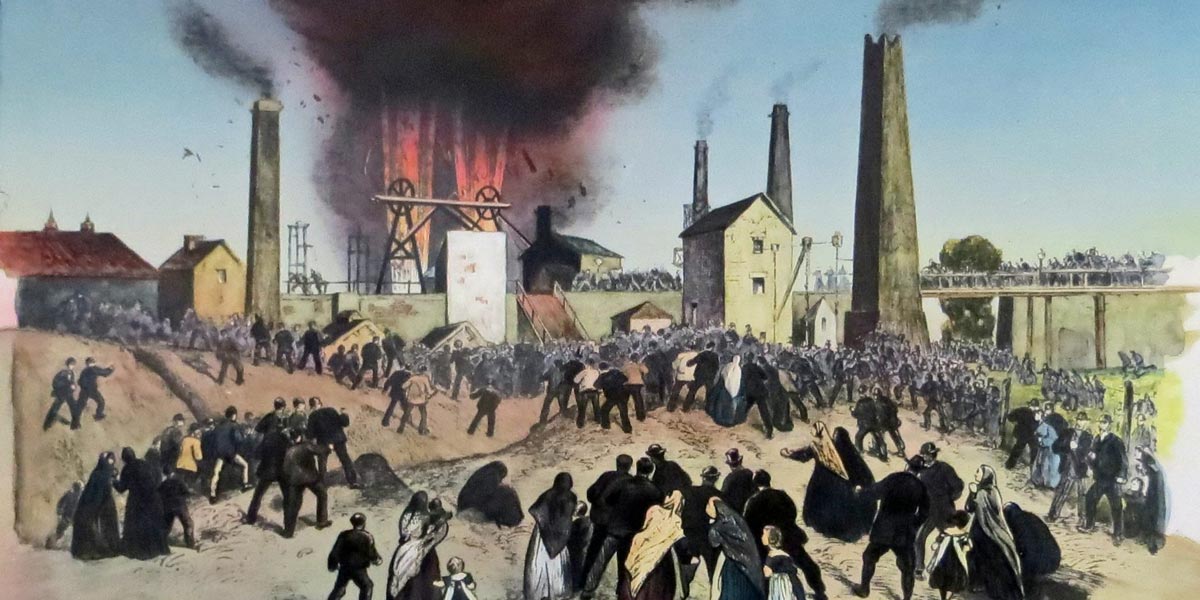
The worst industrial disaster of the 19th century was all but forgotten as its 150th anniversary approached. Our research produced a film that raised awareness locally, nationally and internationally, helping to create a local memorial and the National Workplace Day of Remembrance.

Systems of food production, trade and consumption are increasingly vulnerable. Political, economic and ecological shocks, climate change, new farming practices and shifts in consumer behaviour can all affect our ability to put food on the table.

Enhancing the capacity of community health workers to deliver women’s health rights during epidemics
Brazil's community health workers (CHWs) are at the forefront of day-to-day health service delivery to women and children affected by Zika.

Our world-leading research is working at the heart of policy and practice surrounding the protection of human rights defenders.

Our research has revealed a cliff edge of support for prisoners on release into the community. We are recommending the development of new approaches that link effective work in prisons with more substantial support on release
